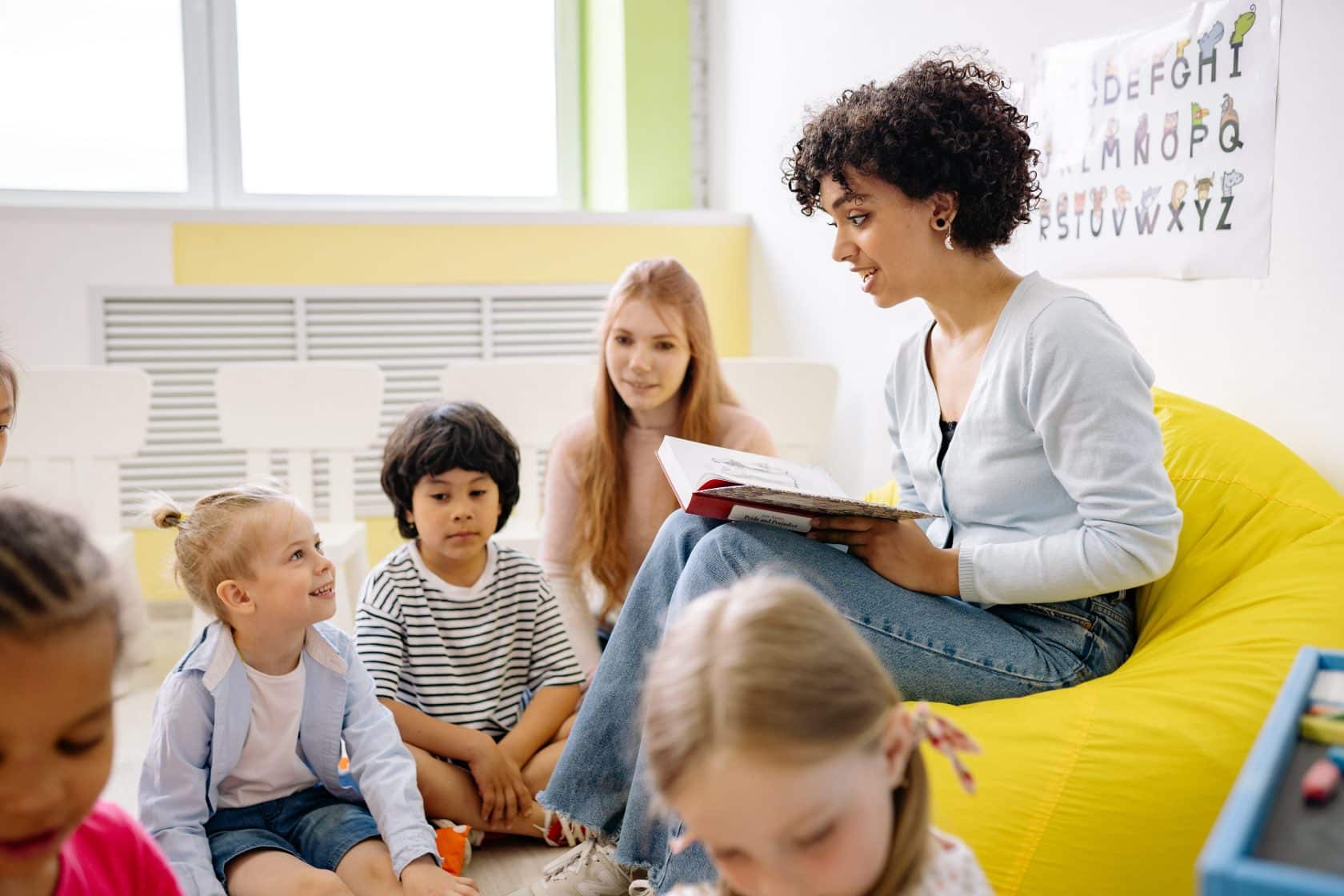Susie is a fifth-grade student who receives special education services for her learning disability. Here’s how the annual review process works for her:
- Susie’s parents received a notice from the school that her Annual Review is scheduled for next month. They mark the date on their calendar and start preparing for the meeting.
- At the meeting, Susie’s parents, teacher, and speech therapist discuss her progress over the past year. They review her strengths and weaknesses, and her parents share that they’ve noticed a significant improvement in her reading fluency but that she still struggles with math.
- The team looks at Susie’s current IEP and discusses whether it meets her needs. They agree that some adjustments, such as adding more one-on-one math support, need to be made.
- The team sets new goals and objectives for the upcoming year based on Susie’s abilities and needs. They decide that one of Susie’s goals will be to improve her math skills by at least one grade level.
- Susie’s speech therapist shares that Susie has also been working on improving her social skills, and they discuss ways to continue supporting her in this area.
- The meeting ends with a review of Susie’s progress over the past year, and her parents express their gratitude for their daughter’s support. They leave the meeting feeling optimistic about Susie’s future.
Thanks to the annual review process, Susie’s team could work together to assess her progress, set new goals, and adjust her IEP. This ensured she received the support she needed to continue progressing and achieving her potential.
In conclusion, the annual review is a critical part of the special education process, providing an opportunity for collaboration between parents, educators, and professionals to ensure that kids receive the best possible support. Goally’s tablet can help children with conditions that require special education services by providing fun apps to build life and language skills, including digital visual schedules, AAC, and gamified learning.












